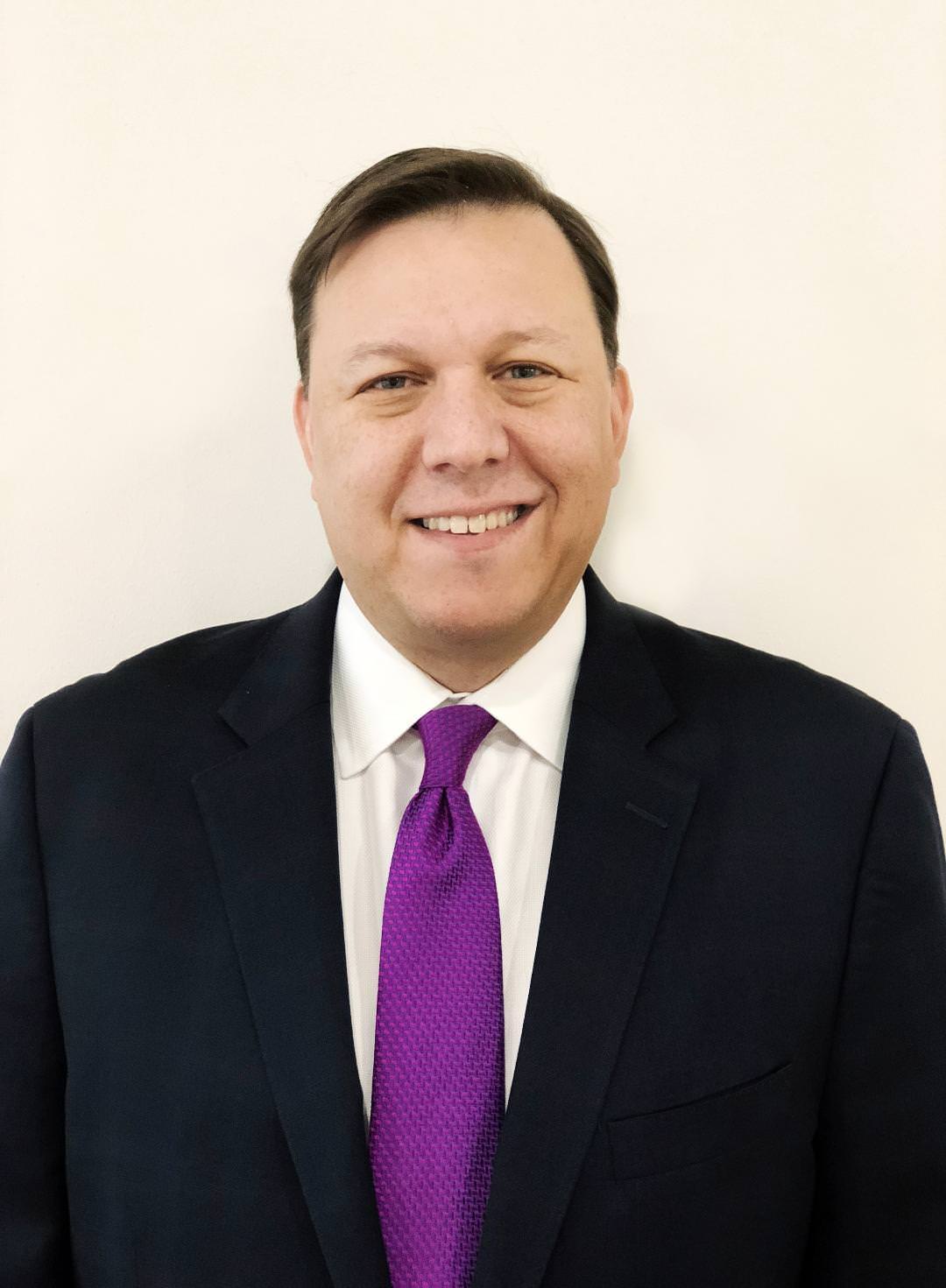August Monthly Policy Update
As we continue along the appropriations process for Fiscal Year 2025, we finally have good news to share from the Senate Labor/Health and Human Services bill and report.
It’s not the best possible outcome, due in large part to agreements in place between the parties that caps federal spending, but the Senate bill is far more favorable than the one produced by the House –and it gives the recovery community more to be optimistic about.
As reported in this space, not only was the House appropriations report hostile to harm reduction services, but it also recommended the elimination of CDC’s Injury Prevention Center. That would, if enacted, be the end of not only $500 million in funding for overdose prevention research and services, but also tens of millions of dollars for suicide prevention, HIV epidemiology, and trauma-informed care. Thankfully, none of these cuts appeared in the Senate’s bill.
The Building Communities of Recovery (BCOR) program at SAMHSA, a top priority of our advocacy efforts, was given an increase by the Senate. It’s a one-million-dollar gain, taking the funding from $17 million to $18 million. This continues an upward trend for the program, which has received an increase in four of the last five years. In its report, the Senate noted:
“The Committee appreciates SAMHSA’s implementation of new funding for community-based networks assisting individuals with substance use disorder recovery, and urges SAMHSA to promote the expansion of recovery support services and to reduce stigma as- sociated with addictions. The Committee recognizes the coordinated efforts of this program to connect people in recovery to a wide array of community resources, including housing services, primary care, employment resources, among others, and urges the program to expand its reach to others in need of support.”
The Youth Prevention & Recovery Initiative at SAMHSA also received an increase from the committee from $2 million to $3 million. This program provides funding to hospitals, local governments, and other eligible entities to increase access to opioid addiction medications for adolescents and young adults who have been diagnosed with opioid use disorder, improve local awareness among youth of the risks associated with fentanyl, and train healthcare providers, families, and school personnel on the best practices to support children and adolescents with opioid use disorder.
The Senate also included $12 million for workforce support for those in recovery. The program provides workforce training for people in recovery – particularly women. With Faces & Voices’ advocacy, the funding for this program increased from $2 million to $12 in four appropriations cycles.

Andrew Kessler
Principal
Andrew D. Kessler, JD, is founder and principal of Slingshot Solutions LLC, a consulting firm that specializes in behavioral health policy. With 20 years of policy experience- and over a decade in behavioral health- Kessler is a fixture in circles that advocate for substance abuse treatment, prevention, recovery, and research. He collaborates frequently with congressional offices, the White House Office of National Drug Control Policy, the National Institute on Drug Abuse (NIDA), the Substance Abuse and Mental Health Services Administration (SAMHSA), and other federal actors. He is a frequent contributor to Politico, The Hill, and Alcohol and Drug Abuse Weekly,
Kessler has written legislation and report language published by both the House and Senate, and has presented orally before such bodies as the Scientific Management Review Board, the College on Problems of Drug Dependence, and the National Conference on Addictive Disorders. He is highly sought after as a speaker on substance abuse policy, as well as on advocacy training. He has presented on these subjects around the nation, and on several webinars as well.
Kessler received his Bachelor of Arts in 1993 from Washington University in St. Louis. In 1999, he graduated from American University’s Washington College of Law, where he received multiple awards and recognition for his legal analysis and moot court performance. He lives in Fairfax, Virginia, with his wife and two children.
